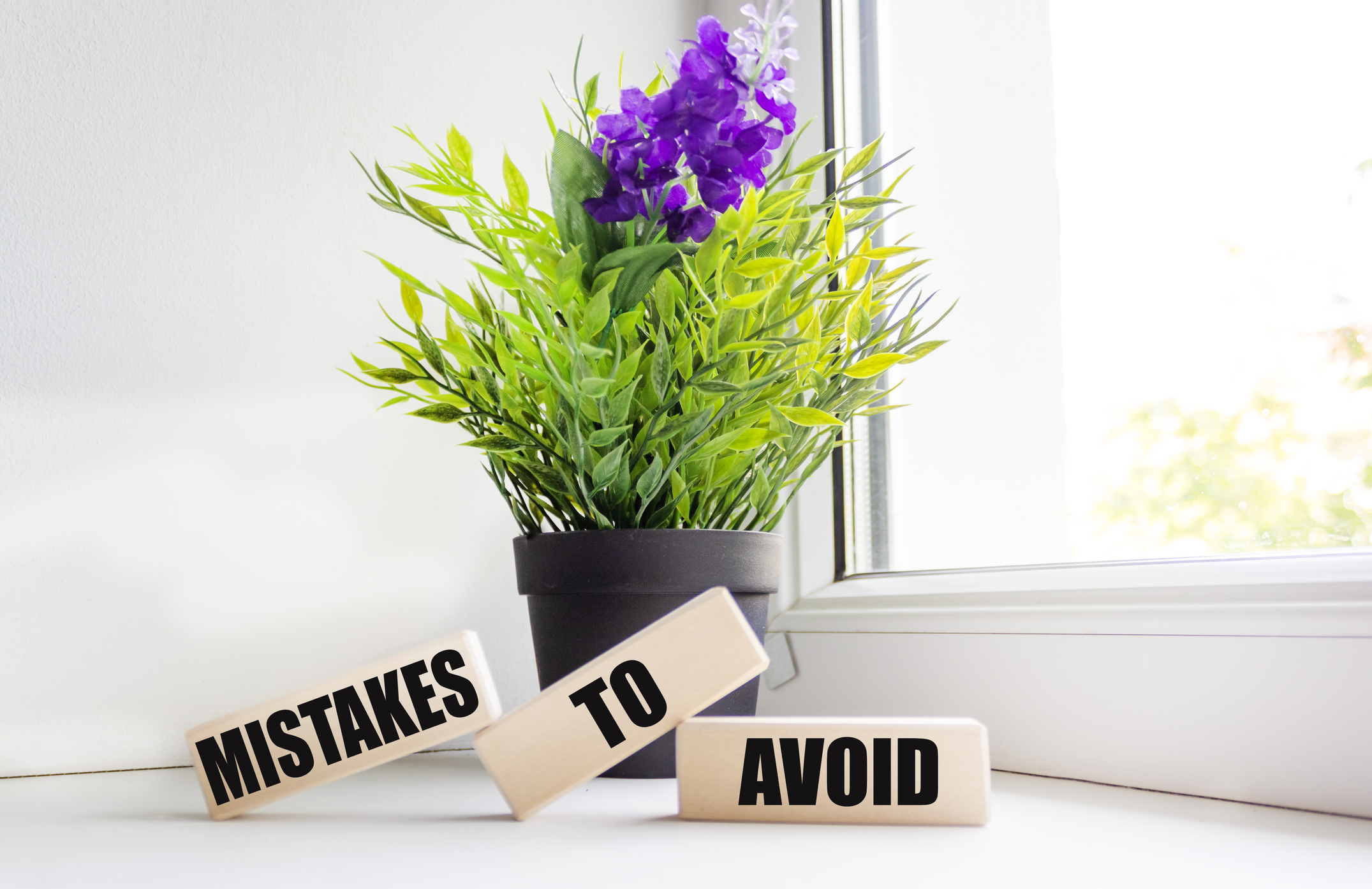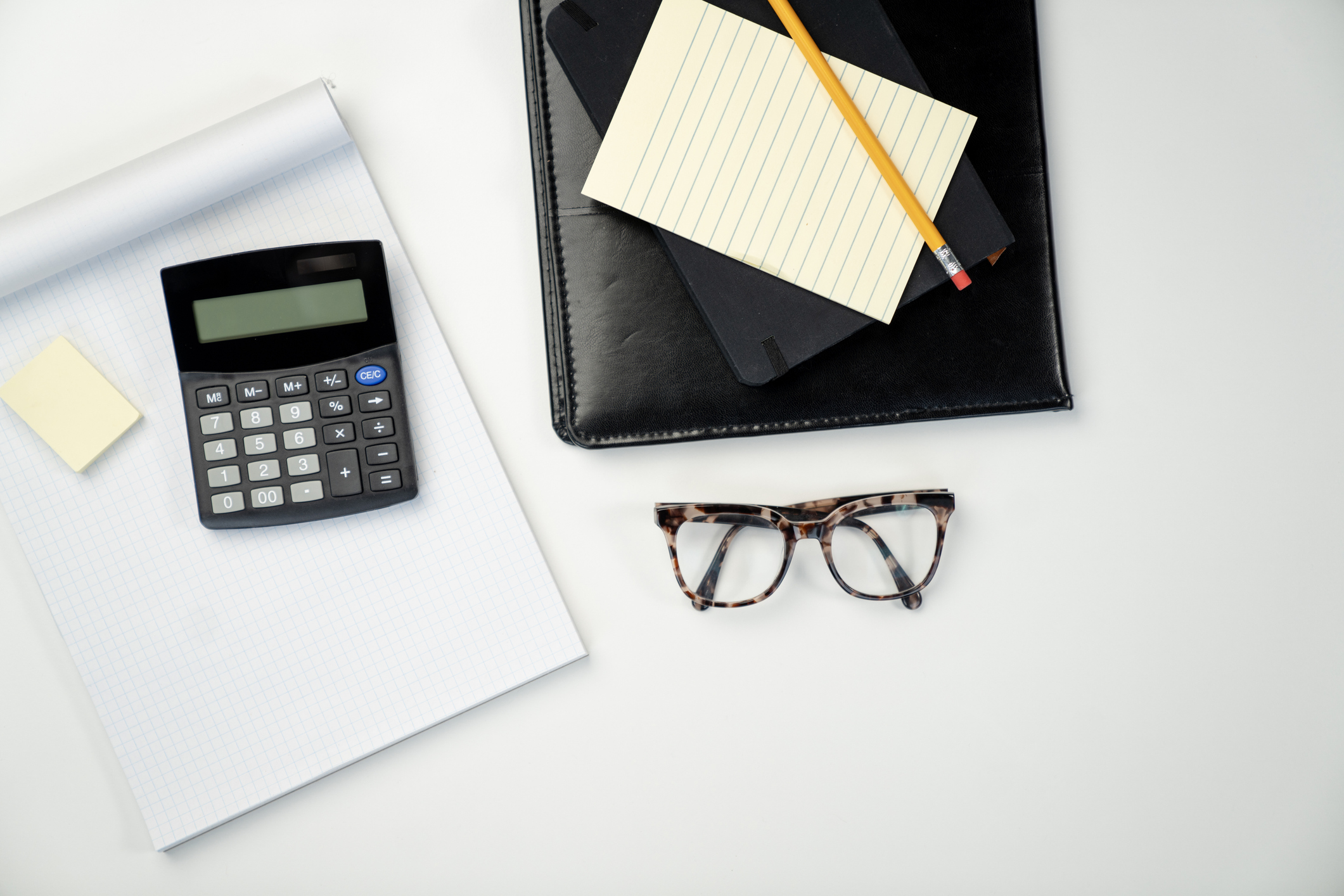
Adopting creative approaches to finance can help some retirees simplify their lives while maximizing their tax savings. And one potentially powerful but perhaps lesser-known strategy involves minimalism.
The minimalist mindset began as an art movement about seventy years ago. But in recent decades, the movement has gained traction by becoming synonymous with stuff and time: spending less, keeping only what you need, and removing frivolous distractions to focus more on what matters to you most.
In fact, about 11% of adults in the United States today are minimalists, according to a Carnegie Mellon business project, with 26% of U.S. adults reportedly interested in becoming one.
And it’s understandable why — a minimalist approach may not only save you time, but could also help you save on taxes as well.
Minimalist ideas
From the outside, minimalist values might seem dreary. When people are called to cast out their favorite things, they may run in the other direction.
But minimalism isn’t about just getting rid of stuff.
The core idea of minimalist thinking is to live life more efficiently. The mindset is supposed to help you focus on what has value in your life and how to create more space for what matters to you most.
As a result, incorporating minimalism could potentially help you save on property taxes and sales tax, and help you invest tax-free, without losing the comforts and joys of everyday life.
How do you do that? Here are some examples.

1. Downsize in retirement to lower property tax
According to Senior Living, about 51 percent of retirees (aged 50 or older) downsize to cut costs, pursue a simpler lifestyle, or for logistical reasons.
Notably, downsizing and minimalism are related concepts. Both emphasize simplicity and intentionality.
- Moving to a smaller, potentially less expensive home can sometimes result in lower property tax bills.
- Smaller homes can have lower maintenance and utility costs, which can free up more income for tax-advantaged investments or other things important to you.
Moving to a state with low property taxes or no income taxes could potentially save you hundreds in taxes a year. Both moves could reduce your overall tax burden and improve your quality of life.
This is particularly true for folks who relocate to places where they don’t need as much income to be happy.
While the tiny house movement is an extreme example, another instance would be moving from a high-tax place to a low-tax place with walkability (potentially reducing the need for a car, which would save on motor vehicle costs and, in some cases, gas tax and property taxes as well).
Of course, downsizing isn’t always easy. In addition to incurring transactional costs associated with selling your old home and buying a new one, some fear leaving a house filled with memories. Not to mention, the smaller living space may lead to lifestyle changes as you adjust to less square footage.
So we’ll go over something else you can try — reducing sales tax paid.

2. Avoid sales tax in retirement
Unfortunately, there is no surefire way to avoid sales tax. However, there are minimalist approaches you can take to minimize the amount of tax you pay.
Essentially, when you’re a minimalist, you’re typically buying fewer items, which results in paying less sales tax overall. Your goal is to purchase only what you truly need or value.
Let’s look at an example.
Suppose the effective sales tax rate in your area is 6%. With your budget, you can purchase either a $100 pair of boots or a $50 pair of boots.
Most people would probably pick the second option, right? With the 6% sales tax, you’d pay $53 on the first pair and $106 on the second.
… But are the $50 boots of lower quality?
- After a year, the $50 boots could wear out. When you return to the store, the same pair of boots could now be $60, and the sales tax rate in your area may have jumped to 6.25%.
- If you purchase the second pair again for $63.75, spending a total of $116.75 in the last two years, the $106 pair you could have bought to begin with might have saved you money and lasted much longer.
This is called “boots theory,” a term often attributed to English fantasy writer Sir Terry Pratchett in his series “Discworld.”
The theory helps explain how paying more taxes and spending more time shopping for things like boots can be a hassle. Under boots theory, you might not only pay more taxes each year, but you might also spend more time rummaging through your closet, which could be better spent enjoying yourself elsewhere.
Minimalism could save you time and money. By investing in fewer products, you can keep the sales tax in your wallet and spend less time shopping at higher sales tax rates.
Yet it’s important to note that, as the book’s author and some economic theorists point out, the theory can favor those wealthy enough to pick a boot at either price. Therefore, you may find it easier to save by living in states with low sales tax, a state without sales tax, or states with sales tax holidays.
You can also strategically buy second-hand through vintage shops or thrift stores, or even prioritize experiences (local museums, town events, or public parks) over those that cost funds, thus essentially avoiding sales tax.
But if you can spend a little more, we’ll cover another way to potentially save on taxes through a minimalistic strategy.

3. Minimalist investing: Retirement tax strategies
Living on a fixed income in retirement can be challenging for some. According to the National Institute on Retirement Security, about 40% of older Americans may rely solely on Social Security. But that can be tough, especially in times of rising inflation.
One way you can lower your tax bill is by sticking with tax-exempt investments. More specifically, federal and state-level instruments that don’t have an income threshold (more on that later).
Here, minimalism comes into play since simplified or minimalist investing focuses on simplifying one's investment portfolio.
Yes, we’re talking about municipal bonds.
Municipal bonds are investments that state and local governments issue to bondholders to fund public projects at the state and local level, such as schools, highways, etc.
As a bondholder, you will:
- Pay the bond amount in exchange for installments of interest and principal in return (in essence, it’s a tax-free way to get the government to “owe you one”).
- Receive interest at a fixed rate, which means you’ll generally have a relatively low-risk, tax-free payout throughout retirement (it is rare that a municipal bond defaults).
Tax-free bonds can keep things simple and, therefore, minimalistic. (Though it should be noted that bonds are not suitable for everyone and may carry some risk.)
Also, while municipal bonds are generally exempt from federal taxes, their tax treatment at the state and local levels can vary.
Instead of spending hours poring over retirement options or waiting on hold with your investment advisor, you can take a simplified investing approach.
- Of course, municipal bonds aren’t the only way to keep your taxable income low.
- You can potentially stay in a lower tax bracket by investing in other tax-free instruments or by taking out lower distributions from a pension, IRA, or other retirement account.
- This assumes you don’t need as much money for expenses and necessities
A word of caution, though: the more you have in a retirement account by the time you take required minimum distributions (RMDs), the more tax you could potentially pay. Plus, not all tax-free investments are both federal and state tax-free.
Be sure to speak with a tax professional about the potential implications of RMDs for your situation.
What do minimalists do with their money?
Participation in minimalism doesn’t require you to give up all your cool kitchen gadgets or spare sheet sets. Instead, you may apply the minimalist principle of saving time to help save you money on taxes, which could be a realistic approach for your life.
Of course, your time can also be put toward your family, travel, community, and more. (There are several fun things to do in retirement that come with tax benefits.)
Before you make a purchase, ask yourself, “Will this thing save me time and bring true value to my life or cause more headaches?” That’s the spirit of minimalism.







